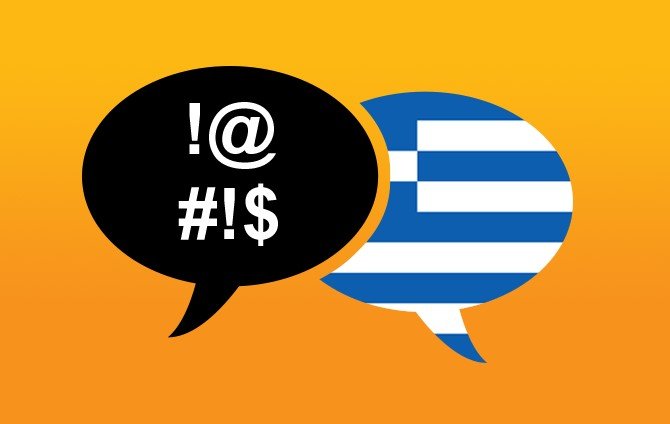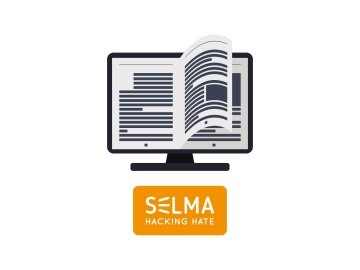In the second half of the 20th century, the Greek law introduced different limitations of expression to protect citizens from national, racial, ethnic or religious discrimination, hatred or violence. In 2014, the so called "anti-racist law" (4285/2014) broadened the definition basis for the crime of racism, xenophobia and colour-based discrimination, to also include gender, sexual orientation, gender identity and disability.
The above initiative was not without its challenges. This addition troubled homophobic groups who put pressure for non-voting this law, pleading freedom of speech issues.
Greece, partly due to geographic location, being a crossroad between east and west, has experienced the arrival of large numbers of immigrants in recent years. As expected, issues related to the coexistence of different national and cultural identities sometimes led to hate speech expressions.
In January-December 2017, the Racist Violence Reporting Network recorded 102 incidents of racist violence with more than 120 victims. In 47 cases LGBTQI people were targeted. In 34 cases immigrants or refugees were targeted due to ethnic origin, religion, colour and/or gender identity. In eleven incidents sacred or symbolic sites and the Jewish community were targeted.
The role of the Internet in hate speech is crucial, as views and facts - whether true or distorted - are moving through websites and become widely disseminated rapidly. Racist views, anonymous or not, are propagated leading to a cascade effect of reactions, acclamations, accusations and insults between all parties involved. This vicious circle of hate speech may be accidently witnessed by youth.
Legal measures are very important, but not enough. Education is a long-term solution, as it can prevent hate speech, denounce hate speech, and promote solidarity with the victims. In light of this, the Greek Ministry of Education, Research and Religious Affairs has supported the No Hate Speech Movement to provide the necessary tools and materials to those who wish to take action against the violation of human rights. To this end, the Ministry has been in contact with state actors, communities, organisations and NGOs active in the field of human rights.
This article has been written based on the research report "Hacking Online Hate: Building an Evidence Base for Educators", which was published by the SELMA project on Safer Internet Day (Tuesday, 5th February 2019).
Read the full Greek perspective on hate speech or the whole report here.






